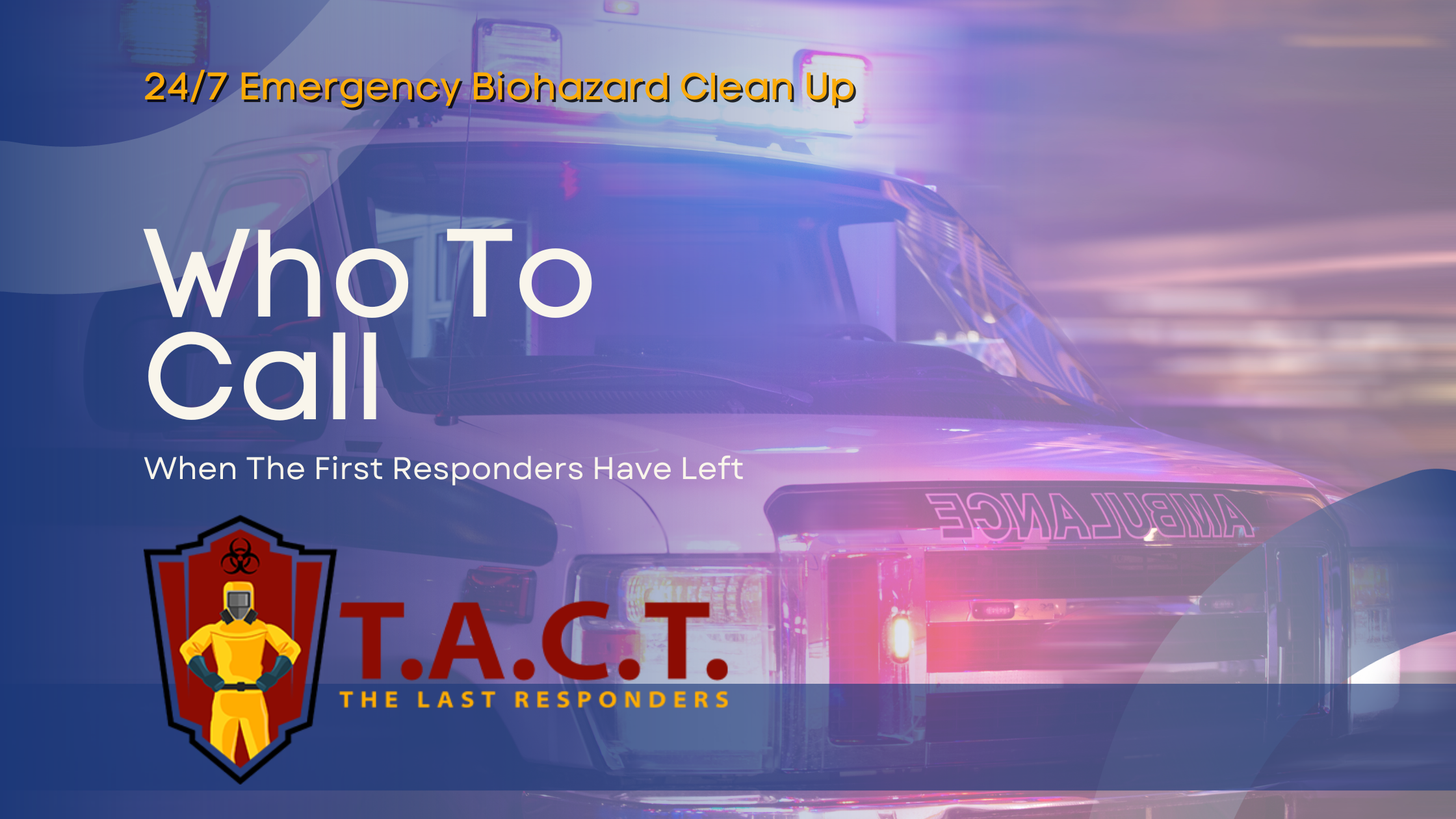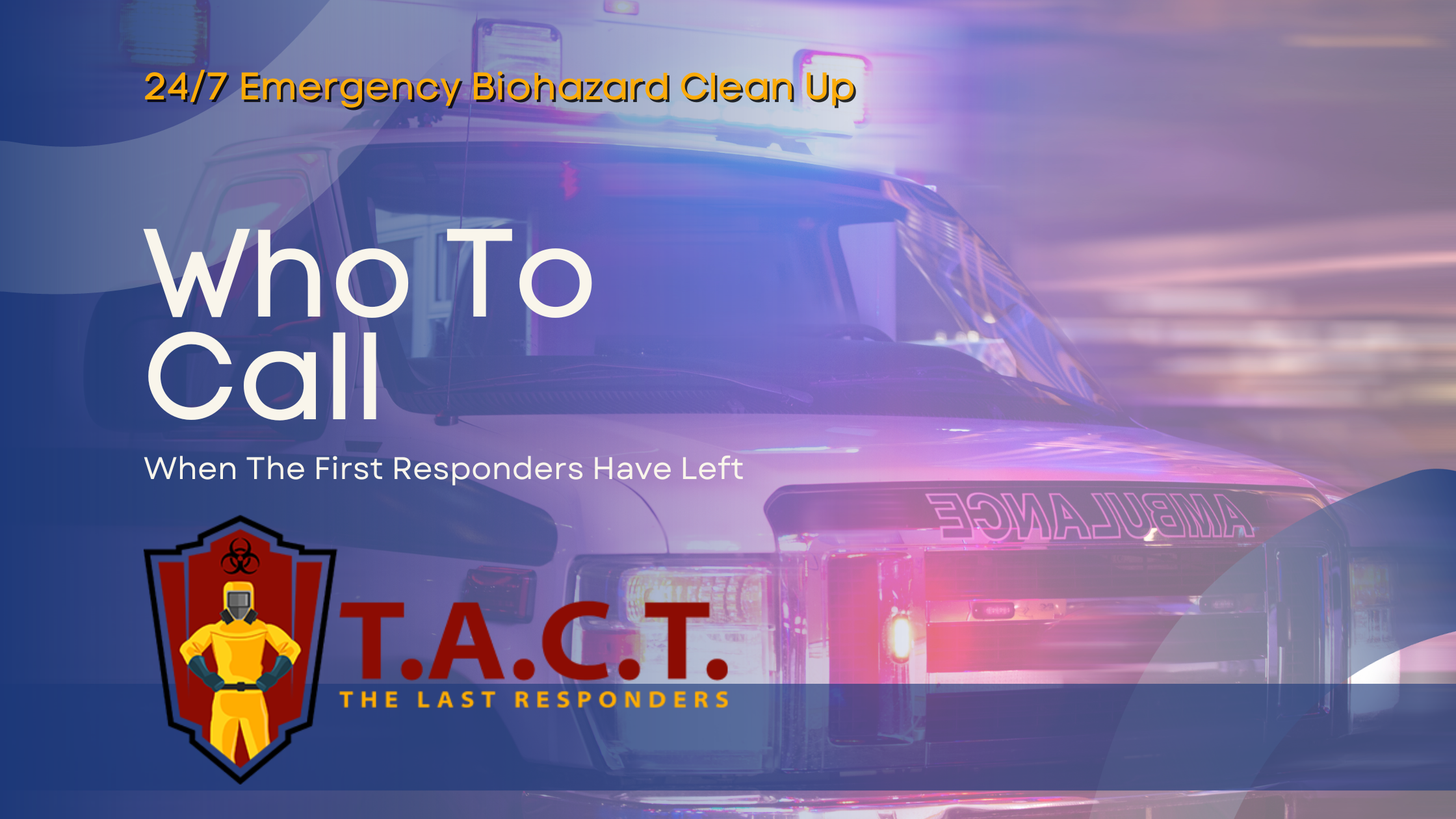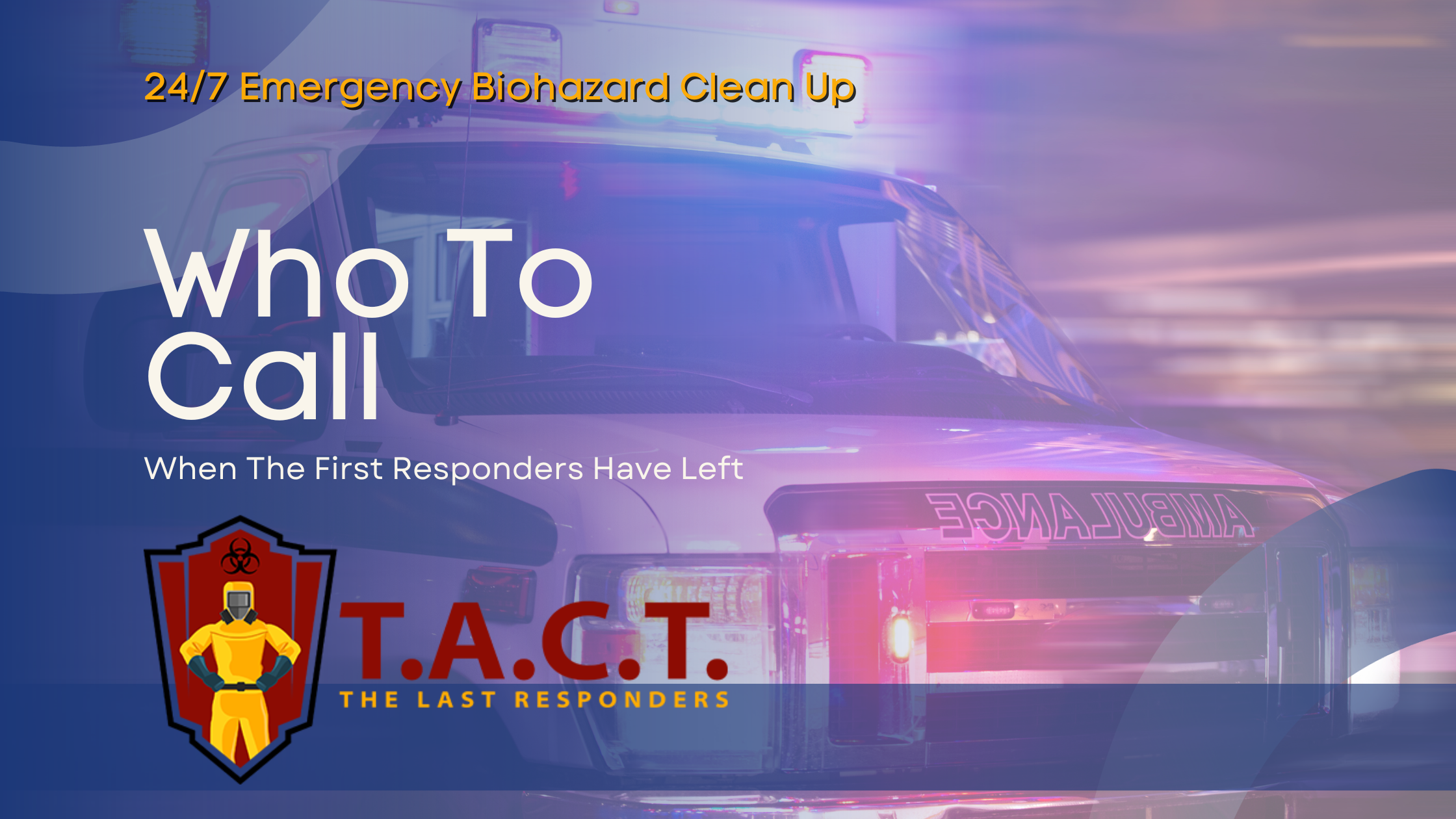Best practice for effective rodent dropping cleanup
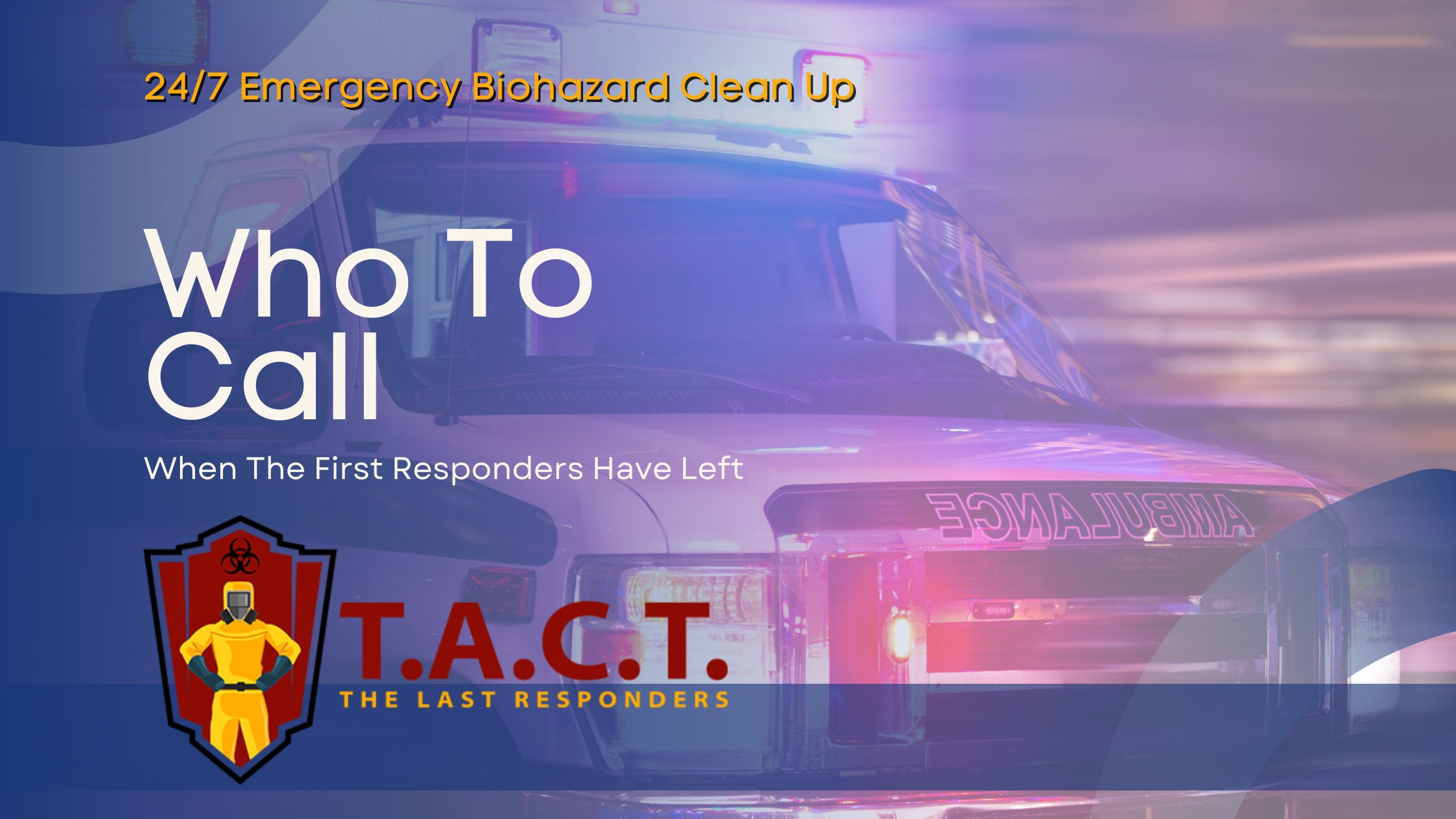
Best Practices for Effective Rodent Dropping Cleanup
Rodent droppings pose severe health risks. This article will guide you through a safe and effective rodent dropping cleanup to protect your home and health.
Key Takeaways
Rodent droppings pose serious health risks, including diseases such as hantavirus and leptospirosis, necessitating immediate and systematic cleanup.
Proper preparation for cleanup includes wearing appropriate protective gear, ensuring good ventilation, and gathering essential supplies to minimize health risks.
For effective cleanup, follow a thorough process of disinfecting droppings, proper disposal, and cleaning all affected surfaces to eliminate contaminants and prevent future infestations.
Understanding the Health Risks of Rodent Droppings
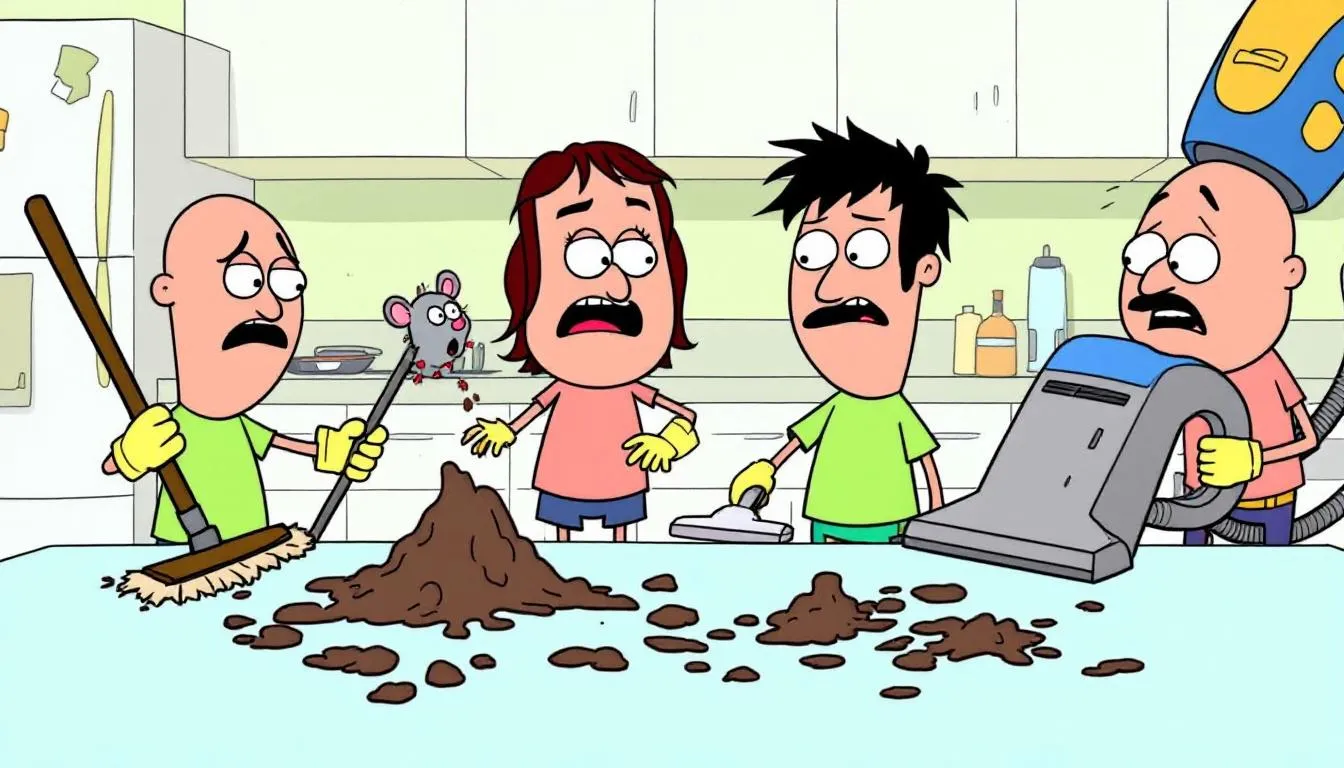
Rodent droppings can pose severe health risks, including the transmission of hantavirus pulmonary syndrome, a potentially fatal respiratory disease. Hantavirus is just one of the many diseases linked to rodent droppings, which can also spread leptospirosis and other viral and bacterial infections. The presence of rodent droppings in your home is not just a nuisance but a serious health hazard that demands immediate attention.
Contamination of food and water sources by rodent droppings can lead to serious health issues. When rodents scurry across your kitchen counters or pantry shelves, they leave behind droppings and urine that can affect food supplies. Consuming food or water contaminated with rodent waste can result in foodborne illnesses, which can be particularly dangerous for children, the elderly, and those with compromised immune systems.
Reducing the risk of disease transmission is crucial. If you suspect exposure to rodent droppings and develop early symptoms like fever, muscle aches, or respiratory issues, consult a healthcare provider immediately. Early diagnosis and treatment can significantly improve outcomes for several diseases that carry viral diseases transmitted by rodents.
Recognizing the health risks of rodent droppings and mouse droppings highlights the need for proper cleanup and preventive measures. Informed actions and precautions can safeguard you and your family from these common household pests.
Essential Preparations for Cleanup
Before starting the cleanup process, necessary preparations are vital to avoid health risks. A systematic approach involves gathering the right supplies and wearing appropriate protective gear.
Ensuring the area is well-ventilated and having all cleaning supplies ready will enable you to perform the task safely and effectively.
Wear Protective Gear
Using protective gear prevents exposure to harmful pathogens when cleaning up rodent droppings. Recommended protective gear includes:
Rubber gloves and a mask, preferably an N95 or better, to protect your hands and respiratory system.
Rubber boots and waterproof gloves, especially in heavily infested areas, to minimize exposure.
Disposable coveralls and protective goggles for complete protection to shield your eyes from any airborne particles.
After handling rodent droppings, wash gloved hands thoroughly with soap and warm water or use a waterless alcohol-based hand rub. This step eliminates any pathogens on your gloves, maintaining hygiene and safety during the cleanup process.
Ventilate the Area
Proper ventilation prevents inhaling harmful particles when cleaning rodent-affected areas. Open windows and doors for at least 30 minutes before cleanup to allow fresh air to circulate and reduce airborne contaminants.
For vehicles that have been idle for a long time, airing them out for at least 20 minutes minimizes the risk of inhaling harmful particles.
Gather Cleaning Supplies
Gather all essential supplies before starting the cleanup. This includes:
Household disinfectants
A bleach solution
Paper towels
Rubber gloves
To create an effective household bleach solution, mix 1.5 cups of bleach with 1 gallon of water for disinfecting rodent droppings, urine, and contaminated surfaces.
Having supplies ready ensures you can properly remove rodent waste without pausing midway. This includes glue traps for capturing remaining rodents and a covered garbage can for disposing of contaminated materials.
Safe Removal of Rodent Droppings
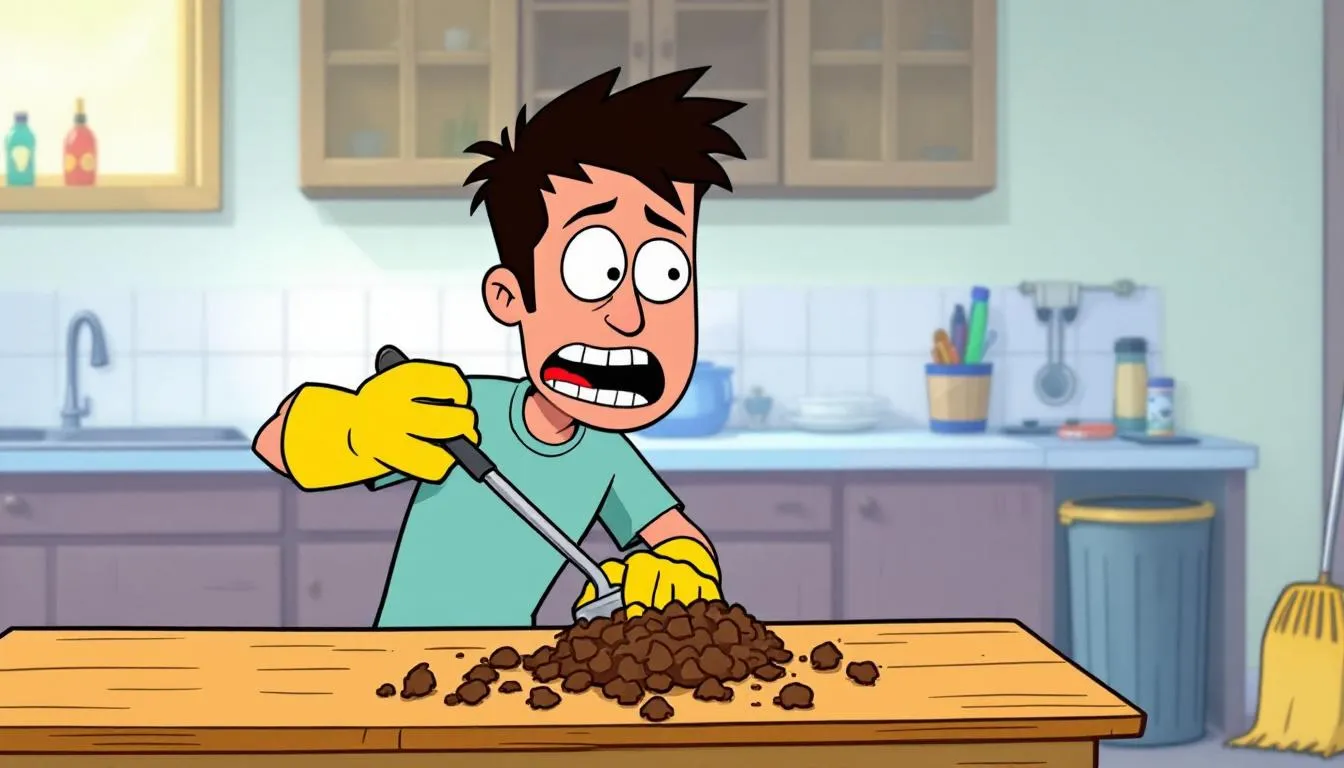
Following specific steps to disinfect and properly dispose of rodent droppings ensures safe cleaning. This removes the immediate threat and prevents future infestations by eliminating all potential contaminants.
Start by disinfecting the droppings, properly disposing of them, and then thoroughly cleaning and disinfecting all affected surfaces, including removing droppings.
Disinfect Droppings
To disinfect rodent droppings:
Use a bleach solution (1.5 cups of bleach with 1 gallon of water) or a general-purpose disinfectant.
Soak contaminated areas with disinfectant for at least five minutes.
Vacuum or sweep the area to neutralize harmful pathogens and prevent the release of airborne particles.
Let the liquid disinfectant sit on surfaces for the recommended time to ensure effectiveness. This thorough process eliminates viral and bacterial contaminants in rodent droppings, reducing the risk of disease transmission.
Proper Disposal
To safely dispose of rodent droppings:
Double-bag the droppings in plastic bags and seal them tightly to ensure contaminants are securely contained and minimize disease spread.
Place the sealed bag inside a second plastic bag for added safety.
Dispose of the double-bagged droppings in a covered outdoor trash bin.
Contaminated clothing and materials should be cleaned with sticky pads or paper towels before disposal in tightly sealed plastic bags. This careful process prevents the spread of contaminants and ensures waste is removed safely and efficiently.
Clean and Disinfect Surfaces
After removing rodent droppings, clean and disinfect all hard surfaces to eliminate remaining contaminants:
Use a bleach solution or household disinfectant for countertops, floors, and other nonporous surfaces.
Use a wood-safe cleaner for wooden surfaces to avoid damage.
Apply enzyme-based cleaners to all hard surfaces to neutralize odors and allow them to dry.
For carpets and other porous materials, use a commercial-grade disinfectant or steam cleaner for thorough cleaning. Non-washable items can be cleaned by leaving them in sunlight or a rodent-free area for a few weeks.
This comprehensive cleaning process ensures your home is free of contaminants and safe for your family.
Handling Dead Rodents and Nests
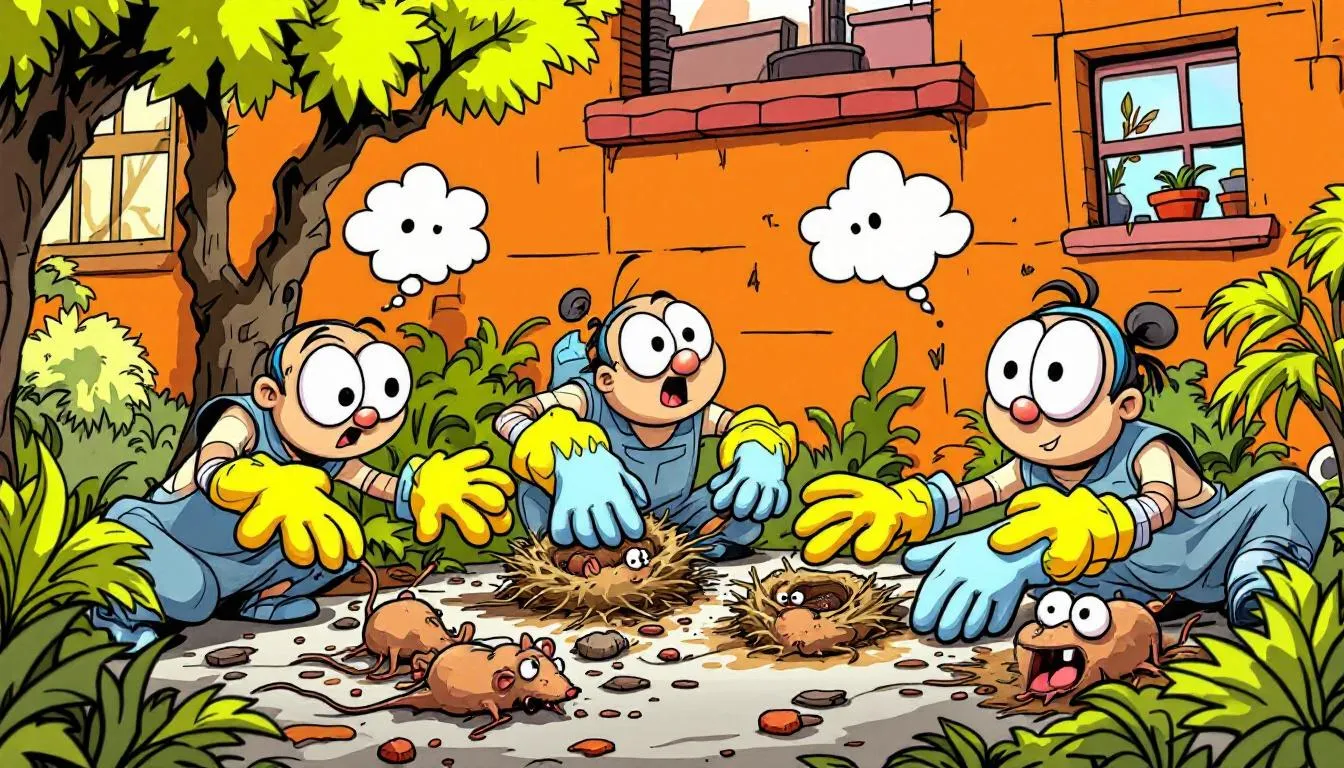
Handling dead rodents and nests requires careful attention to safety and hygiene. Gloves and disinfectants protect you from potential pathogens.
Seal all contaminated items in plastic bags and dispose of them properly to prevent further contamination.
Use Gloves and Disinfectant
Always wear rubber or plastic gloves when handling dead rodents or nests to protect your hands from harmful pathogens. Soak the dead rodent or nest in a disinfectant or a bleach solution (1 part bleach to 9 parts water) for at least five minutes before handling. This disinfection process helps neutralize any potential contaminants.
After handling dead rodents or nests, thoroughly wash your hands with soap and water or use a disinfectant. This step ensures any pathogens that may have contacted your gloves are eliminated, keeping you safe from potential infections.
Proper Disposal Methods
Proper disposal of dead rodents and nesting materials involves the following steps:
Double-bag the waste in plastic bags and seal them tightly to minimize the risk of contamination and ensure safe disposal.
Place the sealed bag inside a second plastic bag for added safety.
Dispose of the double-bagged waste in a covered outdoor trash can.
This careful disposal process prevents the spread of contaminants and ensures all waste removed is done safely and efficiently. The covered garbage should be regularly emptied to further reduce the risk of attracting more rodents.
Dealing with Rodent Urine Odor
Eliminating rodent urine odor requires enzyme cleaners, which break down odor-causing compounds. To effectively remove the odor:
Apply the enzyme cleaner to the affected areas.
Allow it to sit until completely dry for maximum effectiveness.
For persistent odors, repeat this process several times.
In some cases, removing and replacing porous materials that absorbed urine is necessary to ensure the odor is completely eliminated and prevents it from resurfacing. Avoid relying solely on bleach, as it can create a chemical reaction instead of eliminating the smell.
For ongoing odor issues, applying the treatment multiple times ensures thorough odor removal. This persistent approach will help keep your home smelling fresh and free from the unpleasant odors associated with rodent urine.
Special Considerations for Heavy Infestations
In areas with significant rodent activity, additional safety measures are required during cleaning. Extra precautions and professional help effectively manage the situation and prevent serious health risks.
Personal Protective Equipment (PPE)
For heavy rodent infestations, using a half mask air-purifying respirator with HEPA filters or a powered air-purifying respirator (PAPR) with high efficiency particulate air filters is recommended. This respiratory protection device provides superior protection against airborne particles. Workers must undergo pulmonary function and fit testing for respirators as required by local and state regulations to ensure safety.
PPE should be decontaminated after each use to prevent contamination and maintain safety, ensuring all safety gear remains effective against harmful pathogens during subsequent use.
Contact Professional Services
For extensive rodent infestations, seeking professional clean-up services is crucial. Trained technicians provide specialized treatments more effective than do-it-yourself methods. Contacting an exterminator is recommended if multiple hidden entryways are present.
Hiring a pest control expert offers nationwide expertise and insurance assistance working, ensuring the problem is managed effectively and efficiently. Professional intervention can significantly improve the management of severe infestations.
Preventing Future Infestations
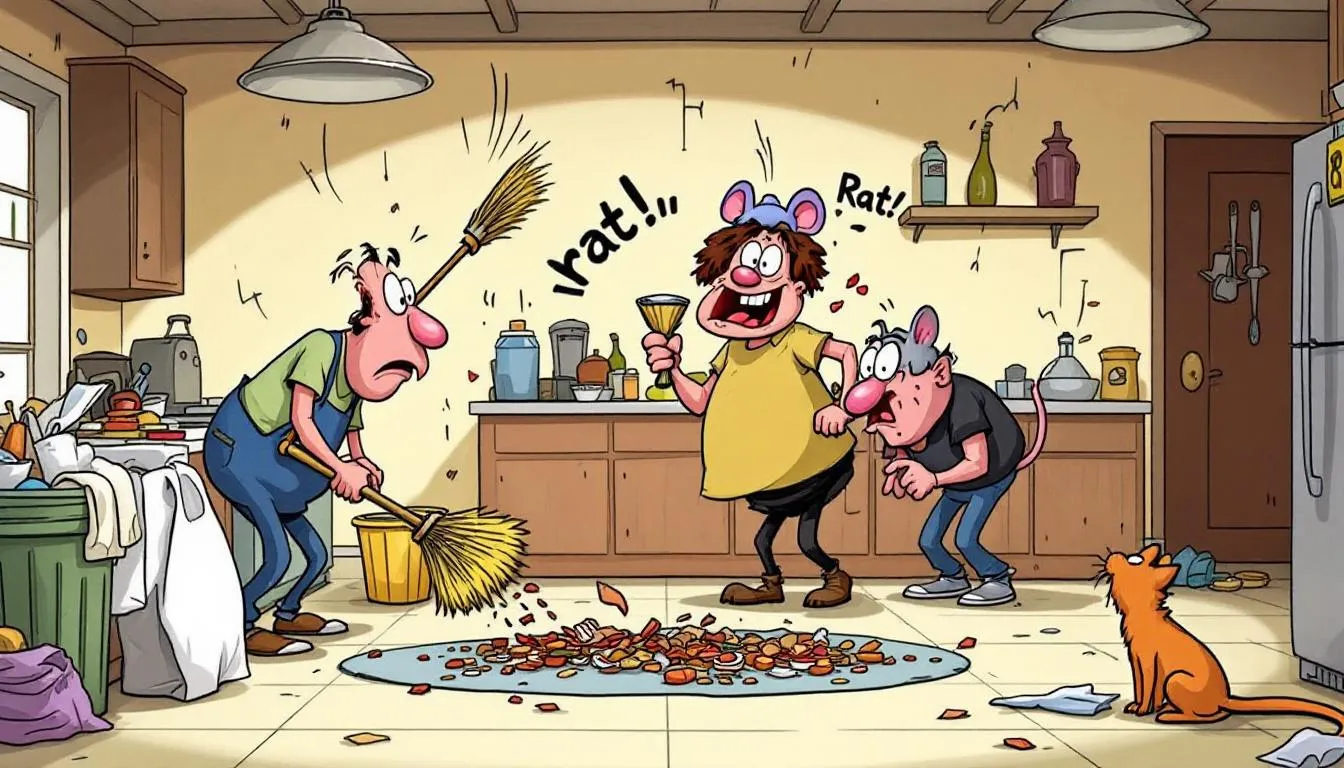
Preventing future infestations begins with proper sanitation and eliminating food sources that attract rodents. Regularly wiping down countertops, vacuuming floors, and taking out the trash significantly reduce the chances of re-infestation. Keeping your home clean removes potential food sources that could attract rodents.
To prevent rodents from entering your home:
Inspect your home for cracks and holes, especially around doors and windows, and seal them with durable materials.
Install door sweeps to close gaps under doors.
Trim tree branches near your roof to prevent rodents from accessing your home.
Store all food and pet supplies in airtight containers to deter rodents from seeking food sources inside your home.
Repairing leaks and removing standing water eliminates water sources that attract rodents. Regularly decluttering your spaces reduces potential hiding spots, making your home less inviting to these pests. Taking these preventive measures protects your home from future rodent infestations.
Customer Testimonials
Customer testimonials establish trust and credibility for rodent dropping cleanup services. Clients report feeling reassured and satisfied with the meticulous cleanup methods. One customer praised the cleanup team for their thorough and safe approach, highlighting their professionalism and attention to detail.
Another client appreciated the safe discretion and confidentiality maintained during the cleanup process, ensuring their privacy and peace of mind.
These positive experiences reflect the effectiveness and reliability of professional rodent dropping cleanup expert services, reinforcing the importance of hiring trained technicians.
Summary
In summary, effective rodent dropping cleanup involves understanding the health risks, making essential preparations, and following safe removal practices. Wearing protective gear, ventilating the area, and gathering the right supplies are crucial steps in the process. Properly disinfecting droppings, disposing of waste, and cleaning surfaces ensure a thorough and safe cleanup.
Taking special considerations for heavy infestations and seeking professional help when needed can make a significant difference in managing rodent problems. Preventive measures such as maintaining cleanliness, sealing entry points, and eliminating food and water sources are essential for avoiding future infestations. By following these best practices, you can protect your home and health from the dangers posed by rodent droppings.
Frequently Asked Questions
What are the health risks associated with rodent droppings?
Rodent droppings pose significant health risks as they can transmit diseases such as hantavirus pulmonary syndrome and leptospirosis. It is essential to handle rodent droppings with care to prevent potential infections.
What protective gear should I wear during rodent droppings cleanup?
It is essential to wear rubber gloves, an N95 mask or better, protective goggles, and waterproof boots during rodent droppings cleanup. For areas with heavy infestation, consider using disposable coveralls for added protection.
How should I dispose of rodent droppings and nesting materials?
To effectively dispose of rodent droppings and nesting materials, double-bag the waste in plastic bags, seal them tightly, and place them in a covered outdoor trash bin. This method ensures safety and prevents contamination.
How can I eliminate rodent urine odor effectively?
To effectively eliminate rodent urine odor, apply enzyme cleaners that break down the odor-causing compounds and allow them to dry completely. Repeat the treatment as necessary for optimal results.
What steps can I take to prevent future rodent infestations?
To prevent future rodent infestations, it is essential to maintain proper sanitation, seal any entry points, store food in airtight containers, and eliminate standing water. Additionally, repairing leaks and decluttering your spaces will further deter rodents from entering your home.

